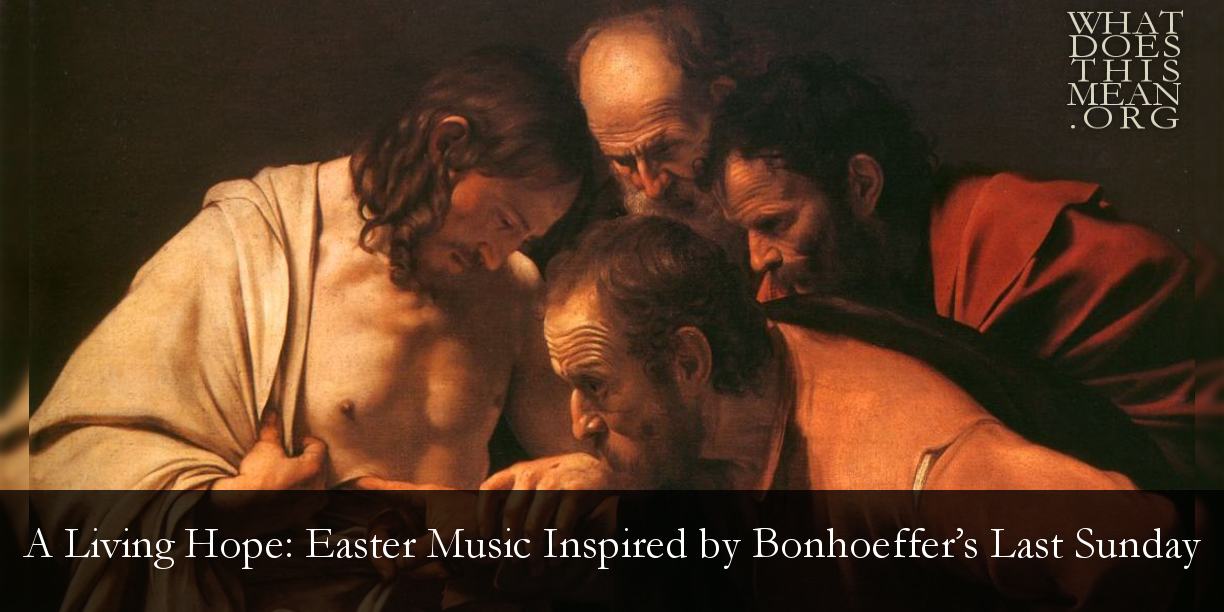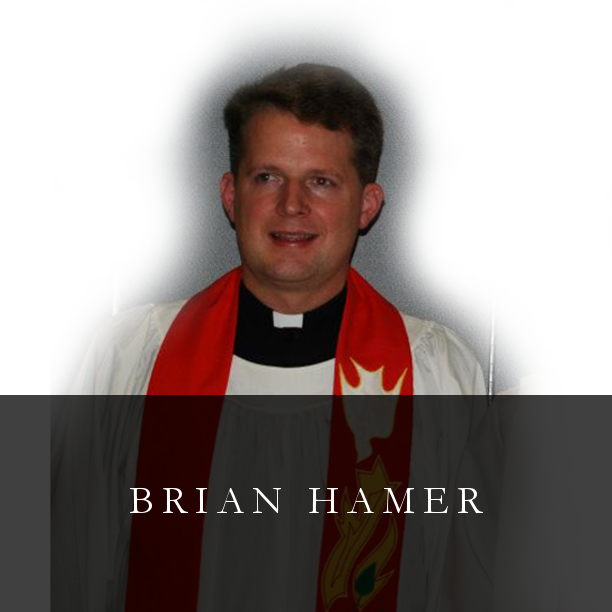and so today we shall speak more than ever of hope,
the hope that we have and which no one can take from you.
Confirmation Sermon, March 13, 1932
| Antiphon: As newborn babes, Alleluia! Desire the sincere milk of the Word. Alleluia! Hear, O My people, and I will testify unto thee; O Israel, if thou wilt hearken unto me. Alleluia! Alleluia! Psalm: Sing aloud unto God, our Strength; make a joyful noise to the God of Jacob. [Repeat Antiphon] |
| And with his stripes we are healed. (Isaiah 53:3) |
which according to his abundant mercy
hath begotten us again unto a lively hope
by the resurrection of Jesus Christ from the dead
To an inheritance incorruptible, and undefiled,
that fadeth not away, reserved in heaven for you,
who are kept by the power of God through faith unto salvation
ready to be revealed at the last time.
But as he which hath called you is holy,
so be ye holy in all manner of conversation.
Pass the time of your sojourning here in fear.
Love one another with a pure heart fervently.
See that ye love one another.
Love one another with a pure heart fervently:
Being born again,
not of corruptible seed, but of incorruptible,
by the word of God.
For all flesh is as grass,
and all the glory of man as the flower of grass.
The grass withereth, and the flower thereof falleth away.
But the word of the Lord endureth forever. Amen.
| Mary came and told the disciples that she had seen the Lord. Then the same day at evening as they all were assembled came Jesus and stood in the midst of them. Then said Jesus unto them, “Peace be unto you.” (St. John 20:19) |
| Naked was I and unswathèd When on earth / At my birth My first breath I breathed. Naked hence shall I betake me When I go / From earth’s woe, And my breath forsake me. (Evangelical Lutheran Hymn Book 501.2) |
In a letter written from his prison cell the previous July, Bonhoeffer summarized the Christian theology of death in the fourth and final portion of his poem, “Stations on the Road to Freedom”:
| Death Come now, thou greatest of feasts on the journey to freedom eternal, death, cast aside all the burdensome chains, and demolish the walls of our temporal body, the walls of our souls that are blinded, so that at least we may see that which here remains hidden. Freedom, how long we have sought thee in discipline, action, and suffering; dying, we now may behold thee revealed in the Lord. |
| (Bonhoeffer, Letters and Papers from Prison, p. 371) |
| [Christ] brings me to the portal / That leads to bliss untold, Whereon this rhyme immortal / Is found in script of gold: “Who there My cross has shared / Finds here a crown prepared; Who there with Me has died / Shall here be glorified.” (Lutheran Service Book 467.7) |



 RSS Feed
RSS Feed
